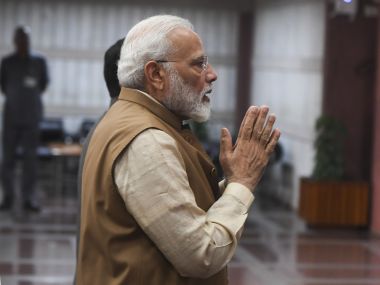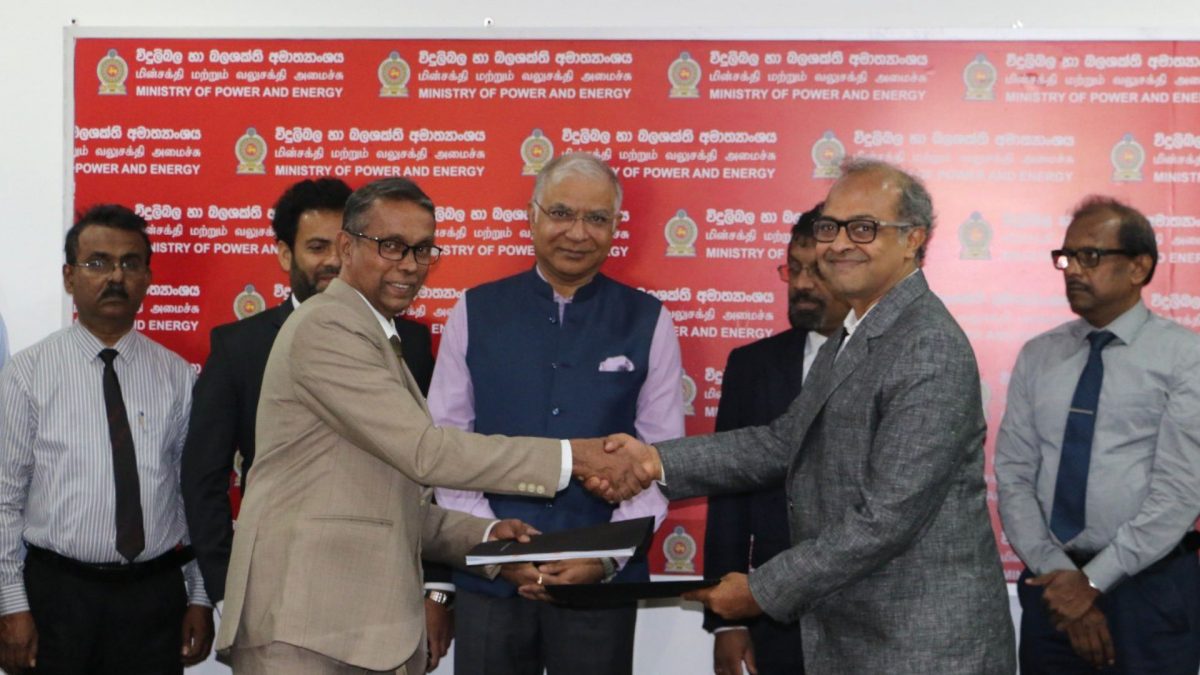In India, being the neighbour of a bureaucrat is reason enough for us to throw our weight around. Being the prime minister’s niece, by that metric, is a passport to unlimited power. Yet the way Damayanti Ben Modi, daughter of Narendra Modi’s brother, conducted herself after being robbed of her cash and valuables in Delhi, tells one of values that one hardly sees in public life, much less from those in positions of power. In the west, VIP culture is an alien concept. In India, it’s the norm.
At the turn of the new millennium, for instance, two incidents on foreign shores had caught one’s eye. In July 2000, British prime minister Tony Blair’s 16-year-old son Euan was arrested by the police for being “drunk and incapable” and lying wasted on a pavement in London’s Leicester Square. The teenager had been out with his friends drinking to celebrate the end of his GCSE exams and presumably had one too many. Not a grave crime.
The British prime minister’s son was spotted by a cop on patrol and taken to the Charing Cross police station where he was searched. Euan apparently tried to provide a false identity but was soon discovered for who he was. According to reports, he was briefly jailed before being driven home.
A report in The Guardian newspaper dated 6 July, 2000 , mentions that the teenager could expect to be formally warned or cautioned, and “in the near future he will have to return to Charing Cross with his parents to hear what, if any, further action is going to be taken”. Downing Street later released a statement saying that Euan was “ very sorry ”.
A few months later, the world came to know about the Bush sisters. George W Bush, the then US president, faced embarrassment as both his twin daughters were sentenced in cases of alcohol abuse and underage drinking. It turned out that 19-year-old Jenna and Barbara were trying to use someone else’s driving licence to procure alcohol at an upscale bar in Texas, and under the state’s strict laws “the twins were each cited with a Class C misdemeanour , which carries a fine of up to $500, mandatory attendance at an alcohol awareness course, community service and a 30-day driver’s licence suspension”.
The point of these examples is not to take a moral position against underage drinking. These incidents are common in teenage years and had it not been for their illustrious parents, the teenagers’ indiscretions would have gone unnoticed.
And that is precisely the point. The way the son of a British prime minister and the daughters of the President of the United States were apprehended by the cops, taken to the police station and then (in Bush’s daughters’ case) fined and punished, speaks of a system where everyone is equal in the eyes of the law.
These incidents drew disbelief and wonder in India about the culture of rootedness and a system that reinforces that culture, and Indians couldn’t help but compare it with the system in India where VIP culture is the norm. Leave alone the prime minister or the president, even a bureaucrat’s offspring would have gotten away with much worse, and no cop would have dared touch him or her.
It is this rampant VIP culture in India that, until the Modi government put an end to the practice, every babu or a cop — not to speak of ministers — used to roam around with a flashing red beacon on their cars, blowing an almighty siren to let the world know about their importance. Ministers had heavy escort vehicles to add to the tamasha. And this VIP culture isn’t evident only on roads, but at every stratum of the society where name-dropping and influence-peddling is an unwritten rule.
Ministers, bureaucrats and even cops think nothing of using government resources such as housing or vehicles for personal use — be it shopping, dropping children to schools, or everyday chores. Squatting on plush Lutyens’ bungalows, even when out of power, is considered an inalienable right. Indians have adopted a culture where those in power are not only used to having their way in twisting the laws, but the public even expects them to do so. Amid this, it is refreshing to see the way the prime minister’s family members carry themselves, carefully avoiding all the trappings of power.
The snatching incident involving the prime minister’s niece has made headlines. Damayanti Ben Modi became the victim of a mugging incident recently in Delhi, that continues to remain a haven for street crimes, and after she reported the incident to the police, the culprits were duly caught. But what has gone unnoticed is the unassuming nature of not just the prime minister, but also his extended family. Highlighting this is important because where values such as humbleness, integrity, honesty and uprightness are displayed from the top, it sets an example for others to emulate.
In a country where being proximate or related to a leader is considered to be a free pass for tapping into the good life and enjoying the benefits of power, here one has the prime minister’s niece using the smallest of means to get around and conduct her everyday life. Damayanti Ben Modi and her father boarded a train from Amritsar, and then got into an autorickshaw from Old Delhi railway station to be ferried to the Gujrati Samaj Bhawan in Civil Lines where she had booked a room — not in any plush hotel. When she was mugged after alighting from the auto, Damayanti reported the incident to the police, never once mentioning her connection with the prime minister.
The way the prime minister’s extended family shuns the limelight, restrains from exploiting their proximity to India’s most powerful political leader, gets around in public transport, stays in modest locations and carefully avoids the trappings of power, speaks volumes about family values and principles that have been inculcated into them since childhood. One has seen reports of the prime minister’s mother, 96-year-old Heeraben, standing in a queue to exchange her currency notes during demonetisation.
Democracy isn’t just about exercising one’s franchise, it is a movement towards equality and building a system where — to quote from the prime minister’s words during Mann Ki Baat — every person is important (EIP) and no one is a VIP.
One hopes that as India matures as a democracy, the country will see more accountability, less exploitation of power and total erosion of the VIP culture. When the prime minister and his family members shun the lure of power and stay rooted to the ground, it sets the right example for others to follow. Hopefully, in New India, one may not have to look towards the UK or the US to understand how true democracy functions.


)




)
)
)
)
)
)
)
)